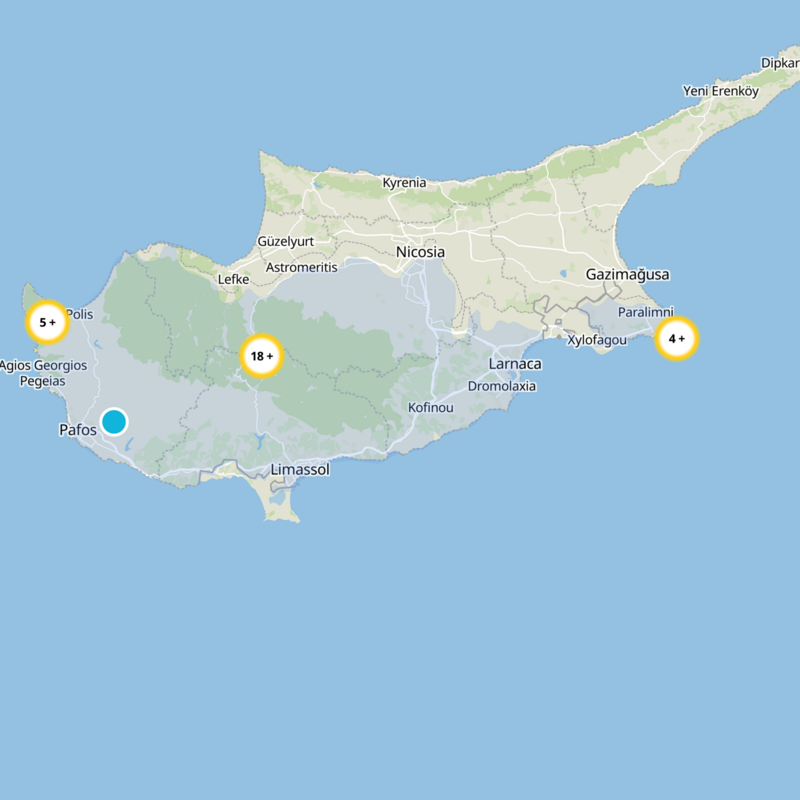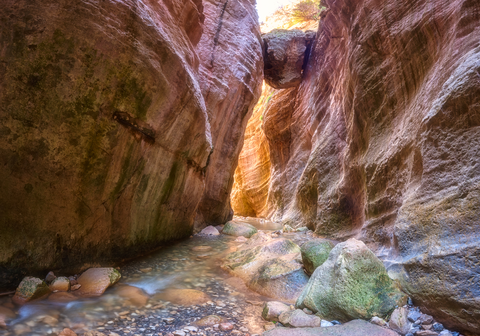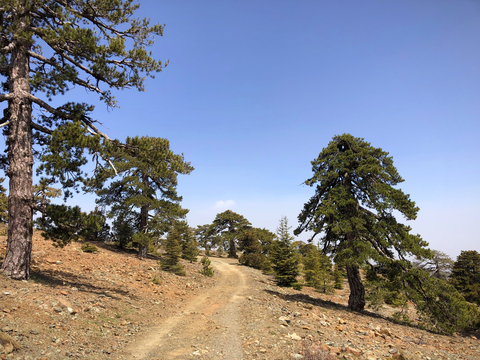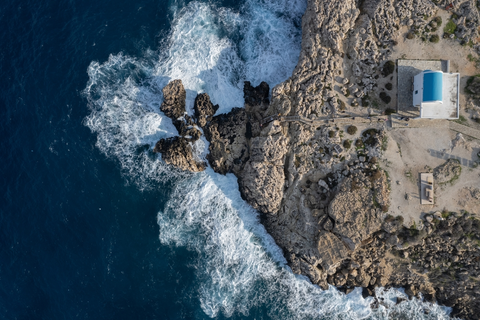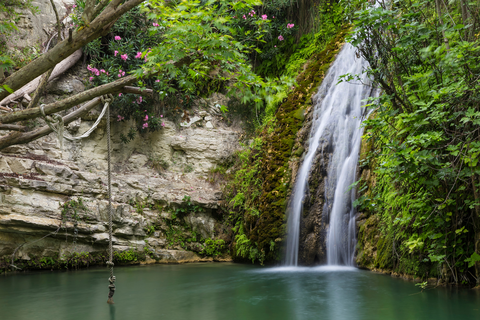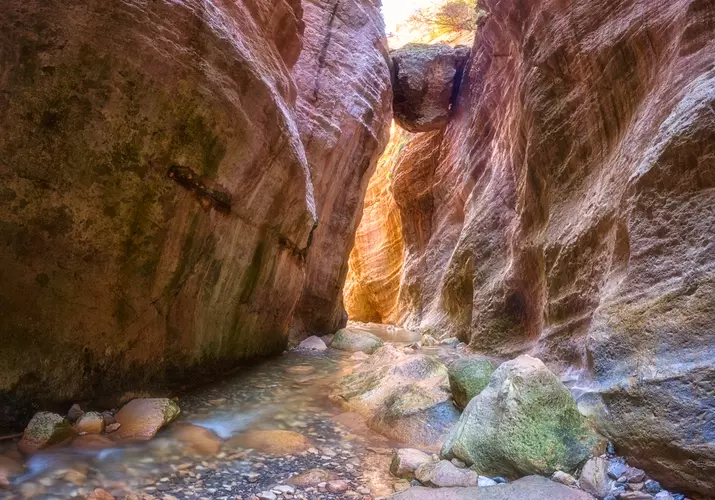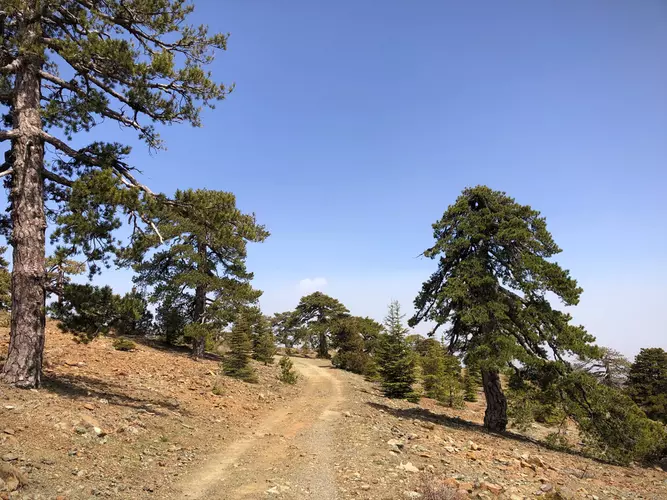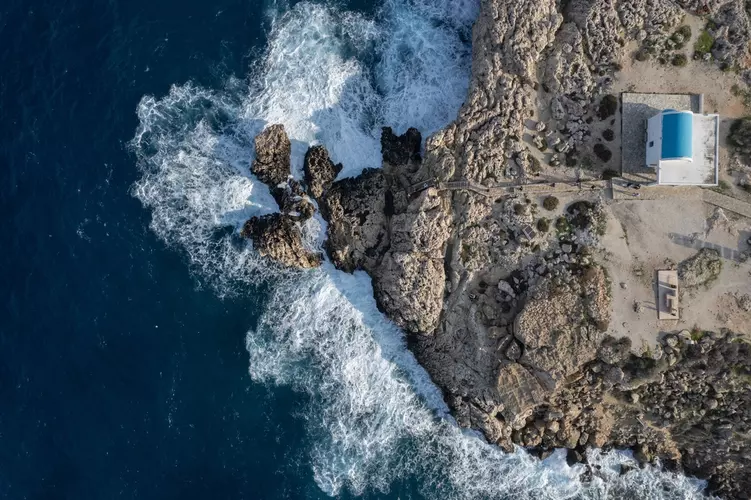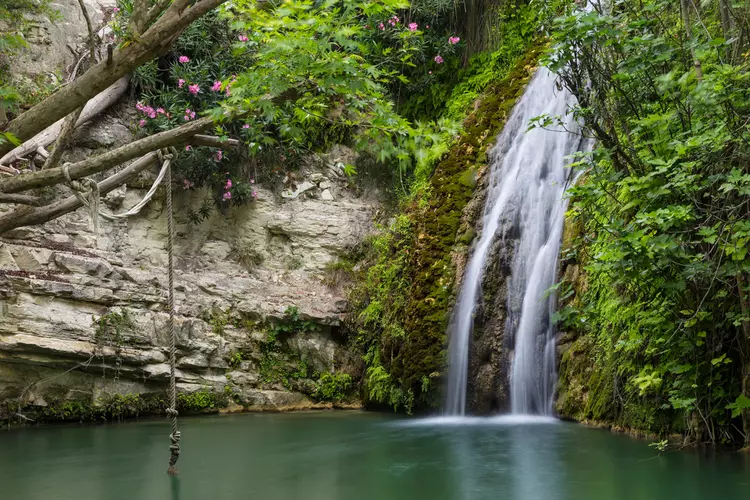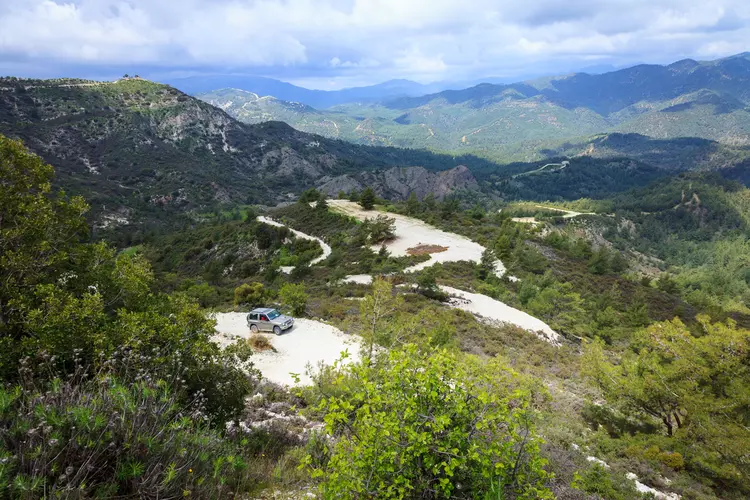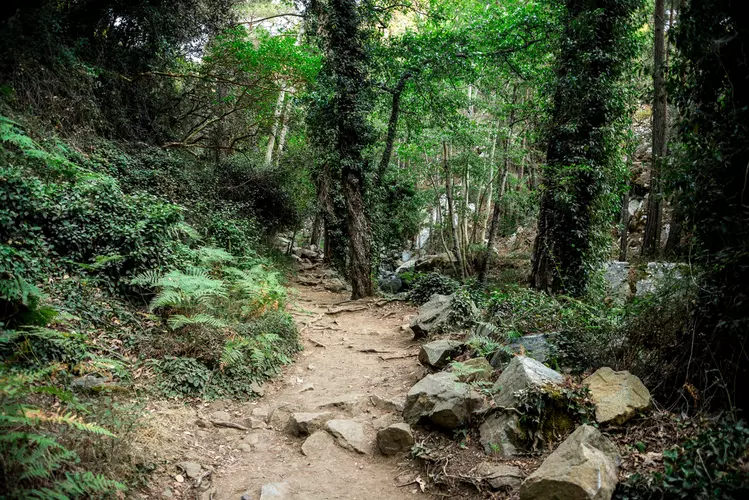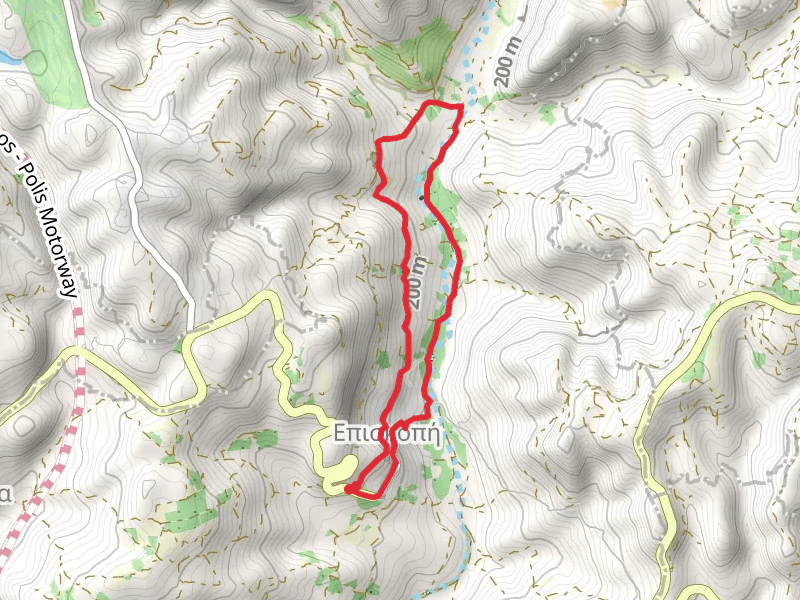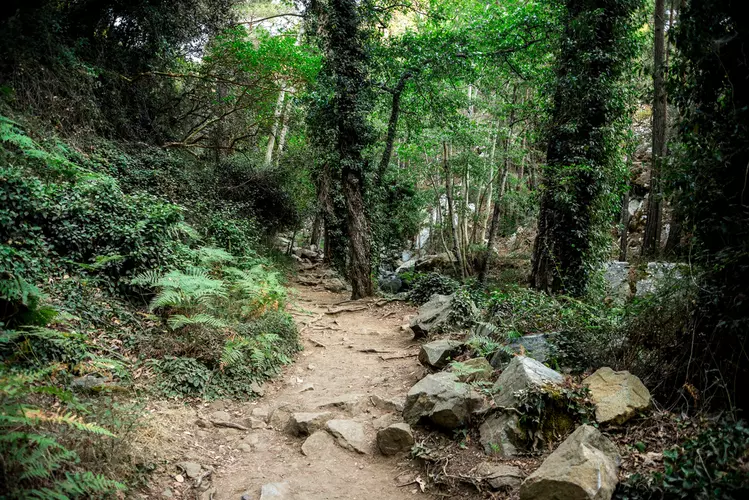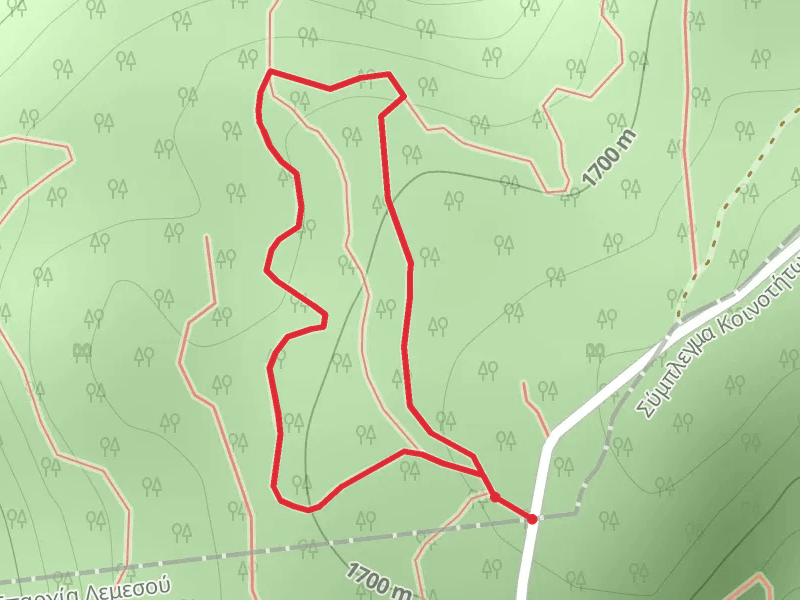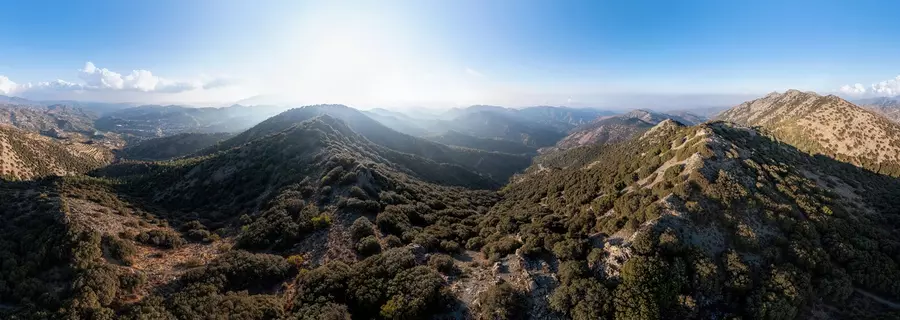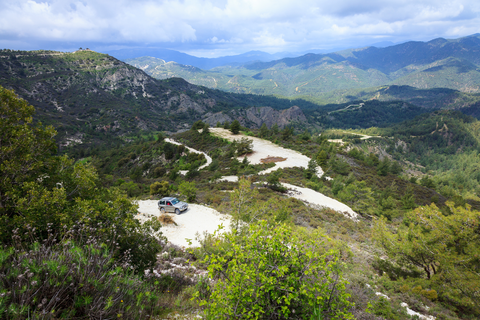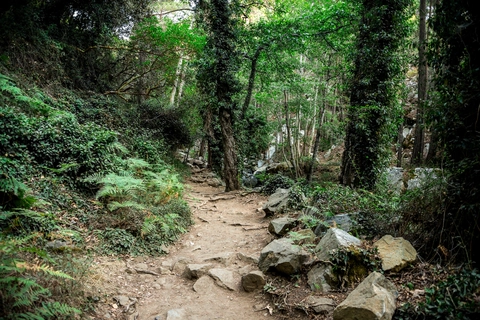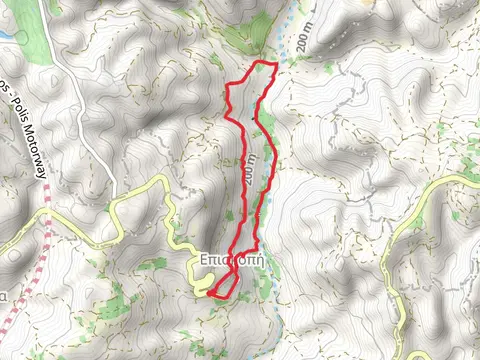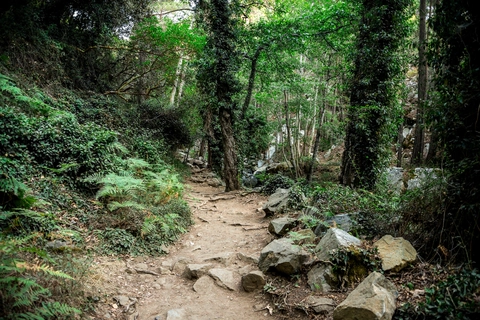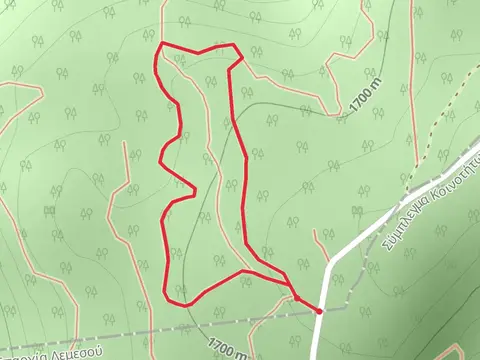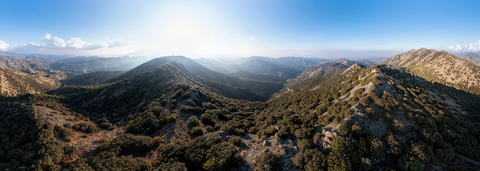"Discover Cyprus: a captivating blend of ancient history, stunning landscapes, and enchanting trails."
Embark on an unforgettable journey through Cyprus, where ancient history and stunning landscapes converge. Hike the Troodos Mountains, where trails like the Caledonia Waterfalls offer breathtaking views and the scent of pine fills the air. Explore the Akamas Peninsula, home to the enchanting Avakas Gorge and its unique rock formations. As you wander, discover hidden Byzantine churches and vibrant wildflowers. Cyprus invites you to explore its diverse trails, each promising adventure and serenity.
Most popular hikes
FAQs about hiking in Cyprus

Summers (June to August) can be extremely hot, especially at low altitudes. Hiking is best done early in the day or in higher, cooler regions.





